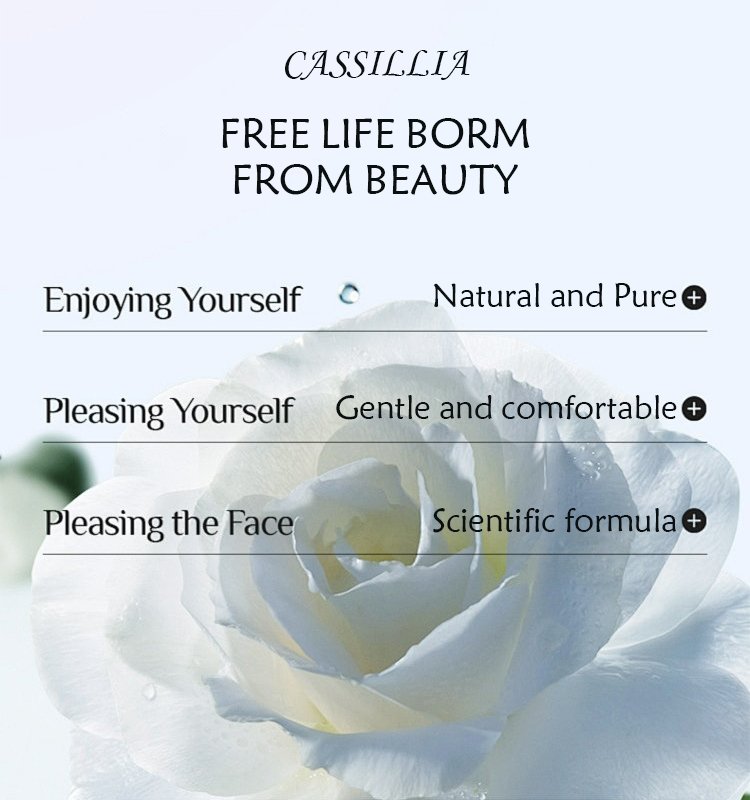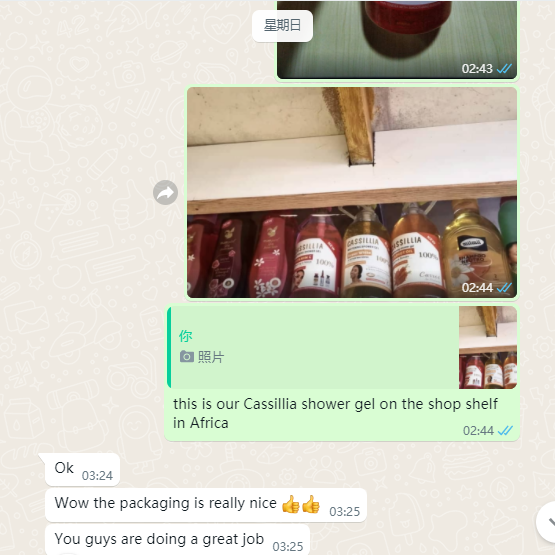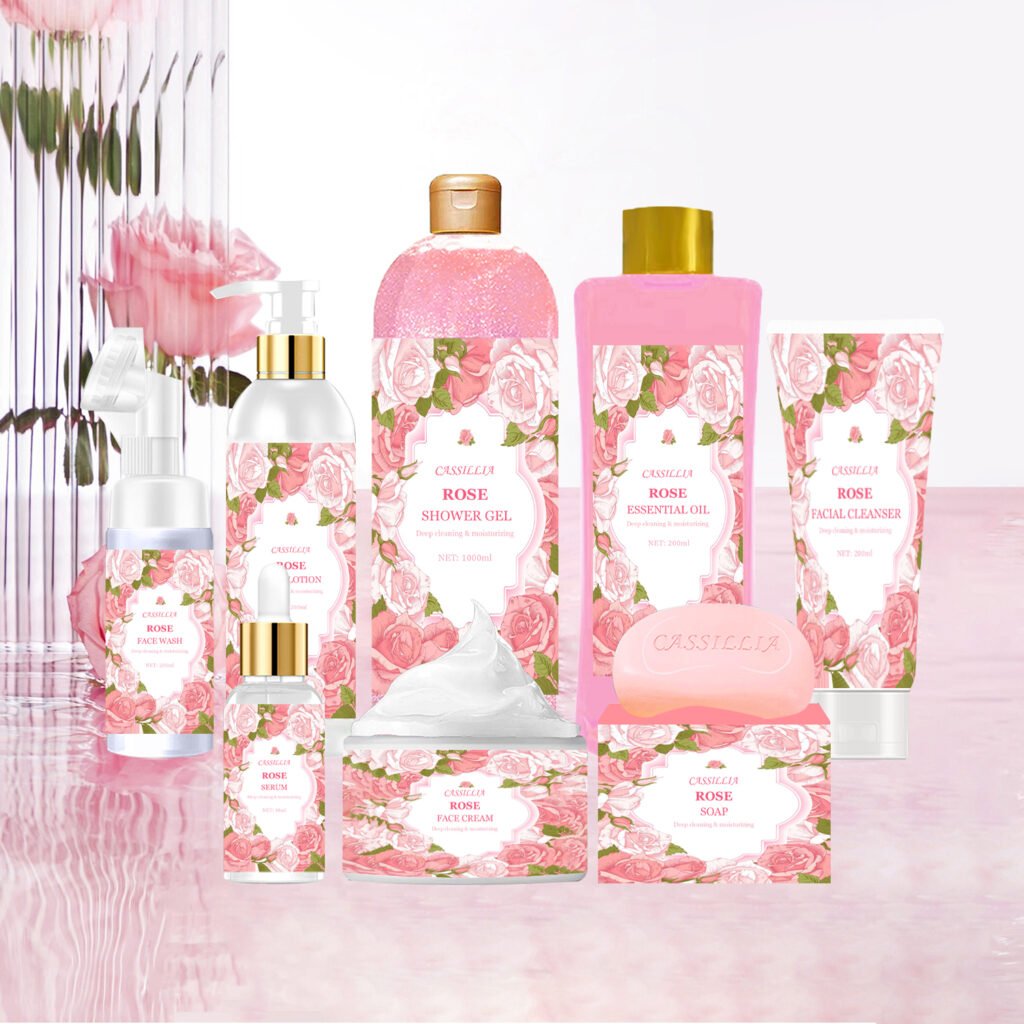The Brightening Boom: Demand and Future of Skin Lightening in Africa’s Market
Africa’s beauty industry is undergoing a significant transformation, fueled by rising disposable incomes, a young population, and growing interest in personal grooming. At the heart of this brightening boom lies one highly demanded category: skin lightening. From Nigeria’s urban energy to South Africa’s vibrant beauty scenes, the desire for skin lightening products—creams, serums, and treatments aimed at achieving brighter, more even skin tones—is growing rapidly.

The Demand: Cultural, Social, and Economic Drivers
To understand the popularity of skin lightening products in Africa, we must first recognize the cultural and social context. For many Black Africans, skin tone carries deep social meaning. Historically, lighter skin has been linked to privilege—whether through colonial legacies, media representation, or societal perceptions of beauty. Today, while attitudes are evolving, these perceptions persist. A 2022 survey by African Beauty Insights found that 68% of Nigerian women aged 18–35 believe “lighter skin improves social opportunities,” while 55% of South African respondents associated lighter complexions with “professional advancement.”
Economic factors further amplify this demand. As Africa’s middle class grows—projected to reach 1.1 billion people by 2050—more consumers are willing to invest in products that align with their beauty ideals. Younger generations, in particular, are driving demand: Gen Z and millennials, raised in the digital age, are exposed to global beauty trends (think K-beauty or European skincare) but remain deeply connected to local preferences. For them, skin lightening is not just about aesthetics; it’s about confidence and fitting into a world where “brighter” often equates to “better.”
Social media has become a powerful engine for this brightening boom. On platforms like TikTok and Instagram, hashtags like #BrighterSkin and #GlowUp highlight real users’ transformations, showcasing the growing appeal and impact of skin lightening routines.

The Current Market: Trends and Players
Africa’s skin lightening market is already sizeable and growing rapidly. According to Euromonitor International, the value of the African skincare market reached $10.2 billion in 2022, with skin-lightening products accounting for nearly 20% of that—up from 12% a decade ago. By 2027, experts predict this share could rise to 25%, fueled by demand in West and Southern Africa.
Key players in this space fall into two categories: local brands and international giants. Local brands, such as Nigeria’s Zaron and Ghana’s Belleza, dominate the market with affordable, locally formulated products. They understand regional preferences—many formulate with natural ingredients like shea butter or coconut oil to soothe skin, addressing a common concern about harsh chemicals.
Serums and “glow kits” are particularly popular among younger consumers, who prioritize quick results and multi-step routines. Meanwhile, older demographics often opt for trusted, long-standing creams passed down through generations.

Challenges: Regulation and Safety in Skin Lightening
Despite its growth, the skin lightening products market in Africa faces significant challenges. One of the biggest is safety concerns. Hydroquinone, a potent (but controversial) skin lightening ingredient, was once widely used in products across the continent. However, studies link prolonged use to side effects like ochronosis (a skin condition causing dark patches) and even cancer. Many African countries, including Nigeria and Kenya, have now banned hydroquinone in over-the-counter products, but black-market versions persist, putting consumers at risk.
Regulation is another hurdle. Unlike the EU or North America, where skincare ingredients are tightly controlled, Africa’s regulatory frameworks are still developing. This creates a “gray area” where untested products flood markets, misleading consumers with false “brightening” claims. For example, some creams labeled “natural” may still contain unlisted chemicals, leading to irritation or uneven results.
The Future: Innovation, Inclusivity, and Sustainability
The future of Africa’s skin lightening market lies in innovation and adaptation. Brands that prioritize safety, transparency, and local needs are poised to thrive. For instance, Nigerian startup Maiya uses kojic acid—a gentler alternative to hydroquinone derived from fermented rice—to create lightweight serums that brighten without irritation. Similarly, South African brand Esse Skincare combines traditional ingredients like rooibos tea (rich in antioxidants) with modern science to promote even skin tone.
Inclusivity is also key. As the market expands, brands are expanding their shade ranges to celebrate darker complexions rather than just “lightening” them. For example, Ghana’s Nivea launched a campaign in 2023 titled “Glow in Your Skin,” featuring models of all shades to challenge the idea that lighter is better. Such efforts not only build trust but also align with a global movement toward body positivity.
Sustainability will play a critical role too. African consumers, particularly Gen Z, are increasingly concerned about eco-friendly packaging and ethical sourcing. Brands that use recycled materials or source ingredients locally (like shea butter from Ghana or baobab oil from Madagascar) are gaining favor, as they reduce carbon footprints and support local economies.

Conclusion
The demand for skin lightening skincare in Africa’s Black market is undeniable—a reflection of cultural, social, and economic forces at play. As Africa’s beauty industry continues to grow, skin lightening products will evolve from controversial tools to part of a broader journey toward radiant, healthy skin—one that celebrates diversity and empowers consumers to feel confident in their own skin.
In short, the brightening boom is here to stay. And with the right balance of tradition, innovation, and care, it could just redefine global beauty standards for the better.
Ready to explore how your brand can shine in Africa’s growing skin lightening market? Let’s start crafting your custom skincare solution today. (Contact Now)


